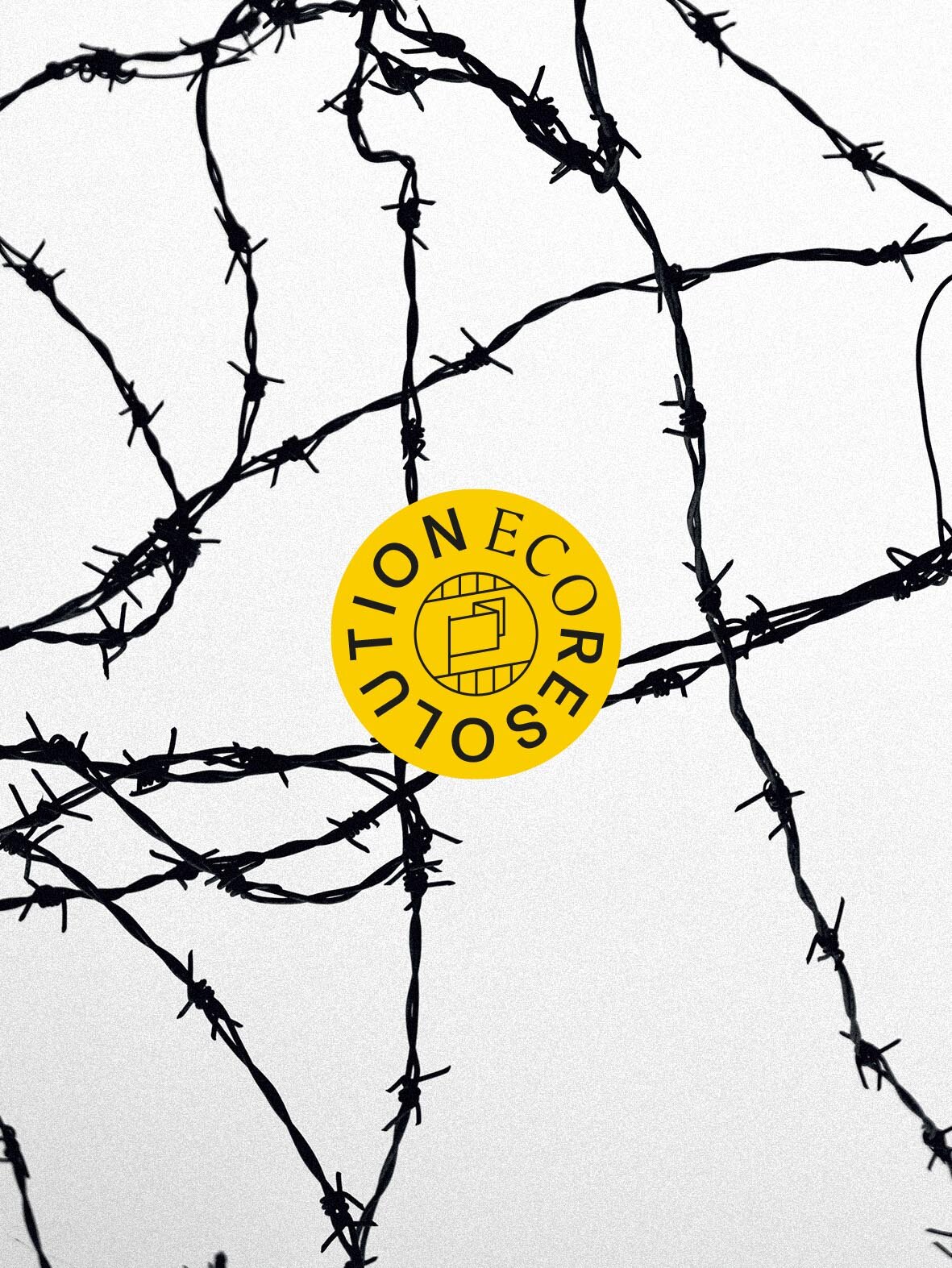Militarism
‘There is no struggle for life but, rather, life is lived for struggle’.
- Umberto Eco
Militarism promotes the use of force to carry out state interests. As an ideology, it is neatly framed as ‘national security’ or the ‘will of the people’; both abroad and at home. In practice, aside from the outright devastation military campaigns inflict, the cultural impact is farreaching, and resultant attitudes begin to widely reflect this enshrined approach to conflict in everyday life. It’s no wonder that as Militarism is on the rise globally, so too are civil societies increasingly divided among themselves. Why bother with the discomfort of empathy and identification when you can shout opposing views down? Or, better yet, resort to violence? There is no space left for pause, for introspection, because with that amount of manpower, there’s frankly no need – at least that’s the blinkered myth this view perpetuates.
Beyond national in-fighting and international warfare (as if that weren’t bad enough), Militarism makes fertile ground for more authoritarian governments, whose responses to divergent opinions can range from suppressing peaceful vigils, such as the brutal policing at the 2021 Sarah Everard tribute in London, UK; to President Trump flippantly inciting violence against civil servantsin the attacks on the White House after Biden’s election; to out-and-out genocide against marginalised peoples, as in the ongoing series of human rights abuses perpetrated by the Chinese government against the Uyghur population.
The Strong Man mentality has its echoes across all of society, from domestic violence, to the destruction of great swathes of our ecosystem to pillage finite resources; oftentimes the ‘spoils of war’. When the world’s most powerful countries—many of which purportedly democratic— adhere to militaristic values, such as domination and nationalism, above seeking diplomatic, compassionate solutions that tend to all societal ills, it allows leaders to dodge their responsibility to these tenets of good (i.e., prosperous and peaceful) government, and the people and the lands they have sworn to protect. Fighting firepower with firepower doesn’t create more security – only more fire, funnily enough.
If impressive armament is indeed all it takes to claim authority, then we’re in trouble; something that has been made patent by the USA’s repeated failure to join the fight against climate change over the past two decades, instead raiding the Middle East in search of oil, creating profound instability and undermining allsuperficial efforts at increasing security, while refusing to join the International Criminal Court that investigates war crimes. Militarism underpins these approaches to both foreign policy and national security. When a government is powerful enough, they cannot, and therefore will not, be freely challenged in matters integral to planetary wellbeing. This has to change.
Another major consequence of this enemy-oriented outlook is the diversion of energy (and vital funding) that are desperately needed elsewhere, such as in green infrastructure to truly secure our collective future – as humans on a shared planet. Despite a decrease in support for war around the world, western powers continue to glorify and even glamourise militarism in order to justify massive increases to military spending. The budget for nuclear warheads rose by 44% in the UK since 2020 alone. Militaristic values are also evident in the UK’s 2021 Police Bill, which gives police unprecedented and largely unchecked new rights, as those of the public are likewise stripped. It seems the ‘reasonable’ reaction to tumultuous times is to sow the seeds of tumult, then…
Militarism interprets all aspects of life through the lens of war, allowing subscribing governments to gradually—and then, quite suddenly—subordinate the needs and wills of its citizens to that of the military, rather than the other way around. Democracy can’t survive under the growing influence of this system; neither can our social justice movements; neither can our planet; neither can we.





